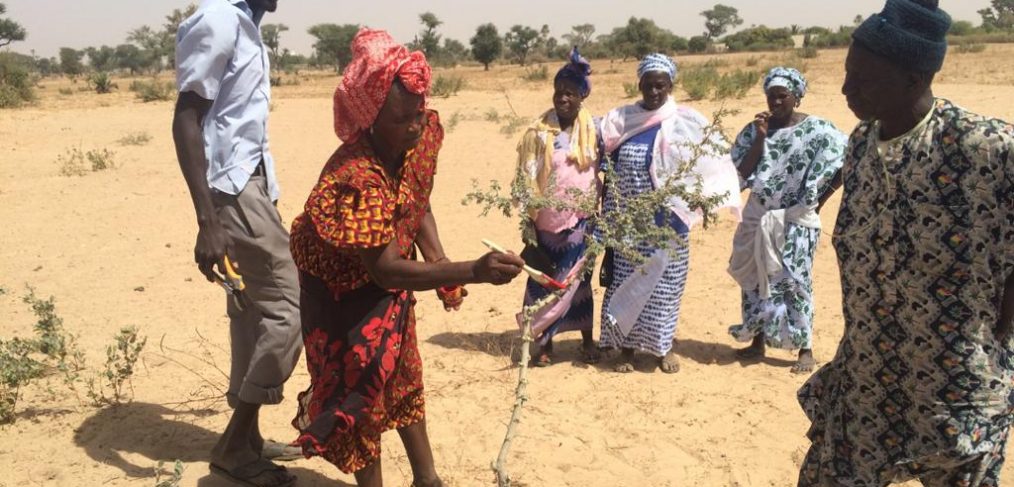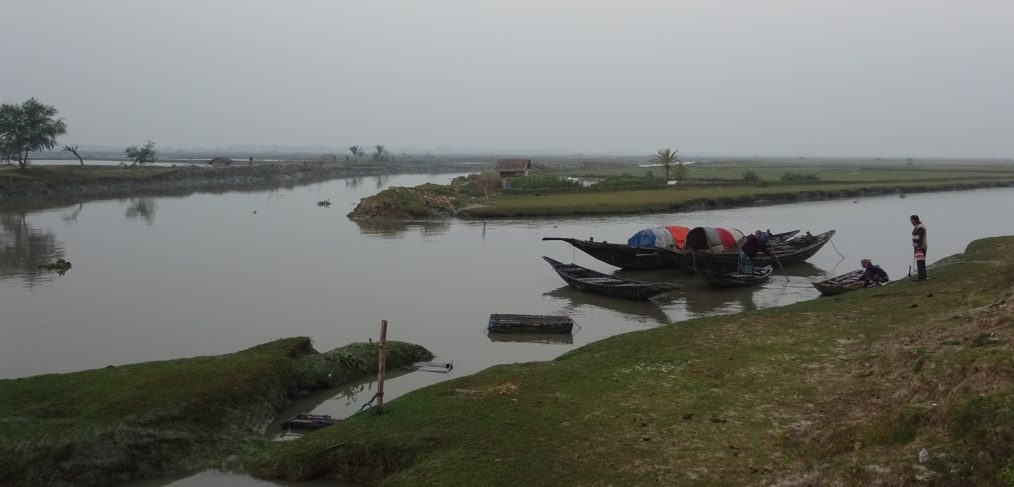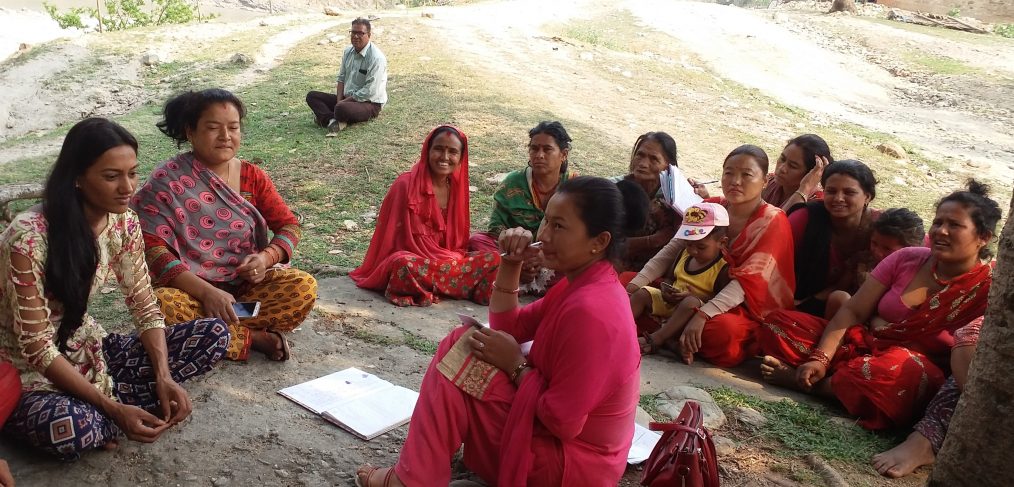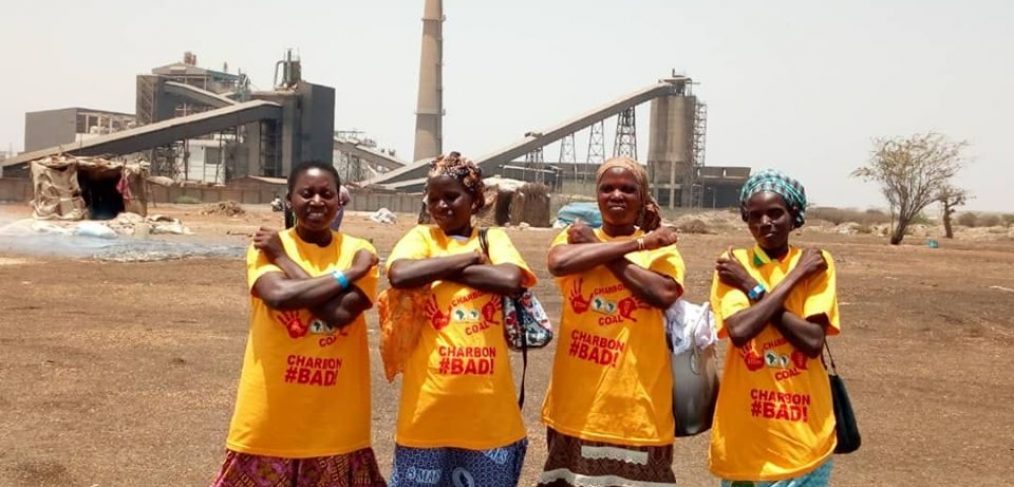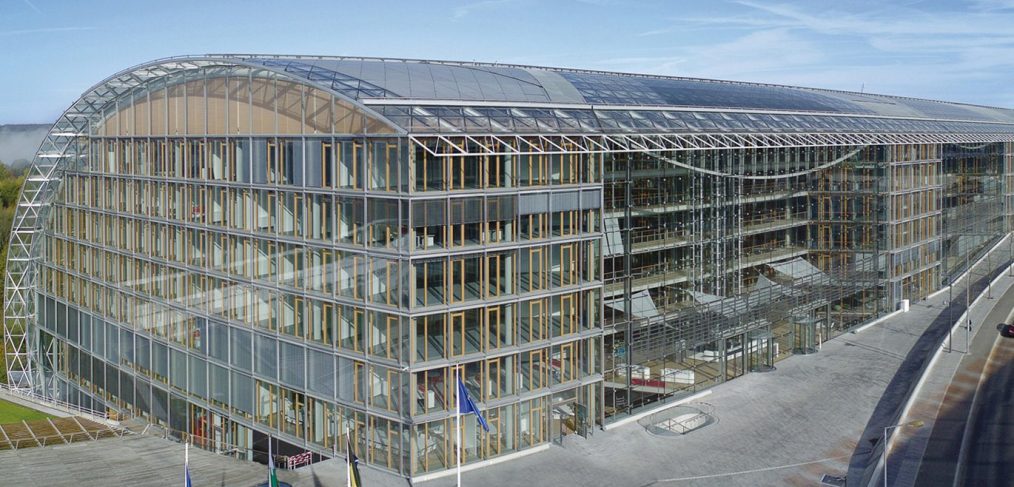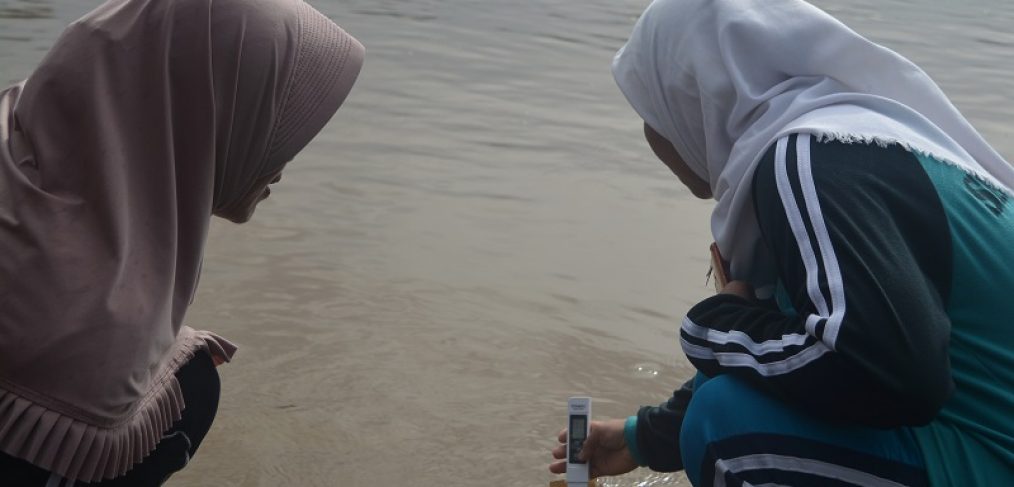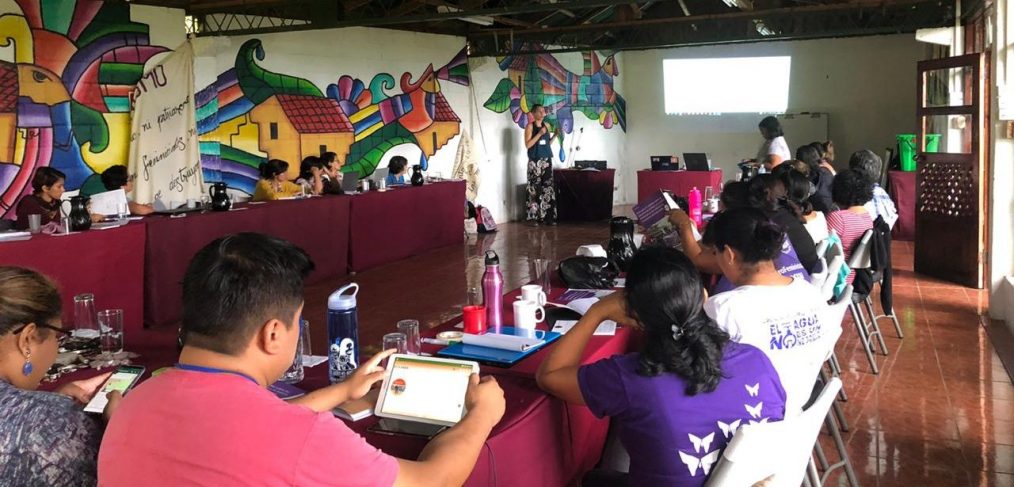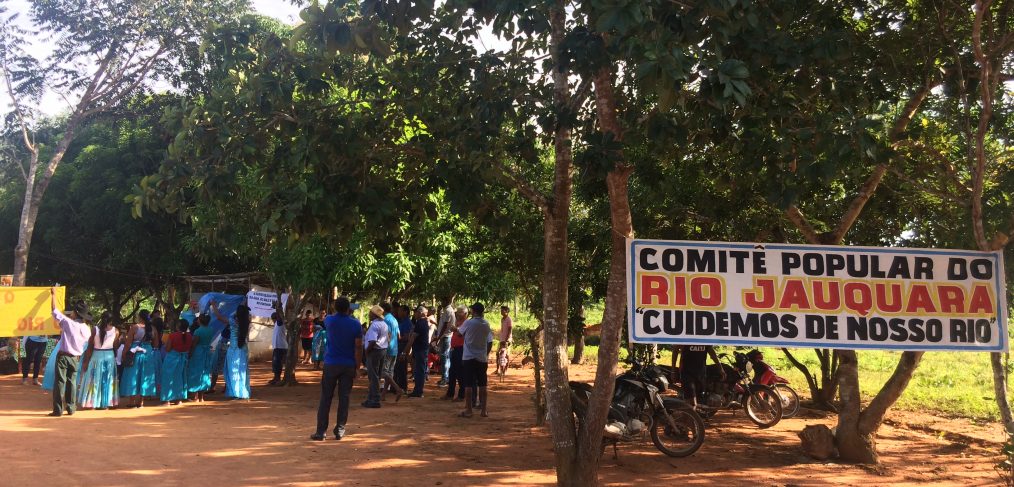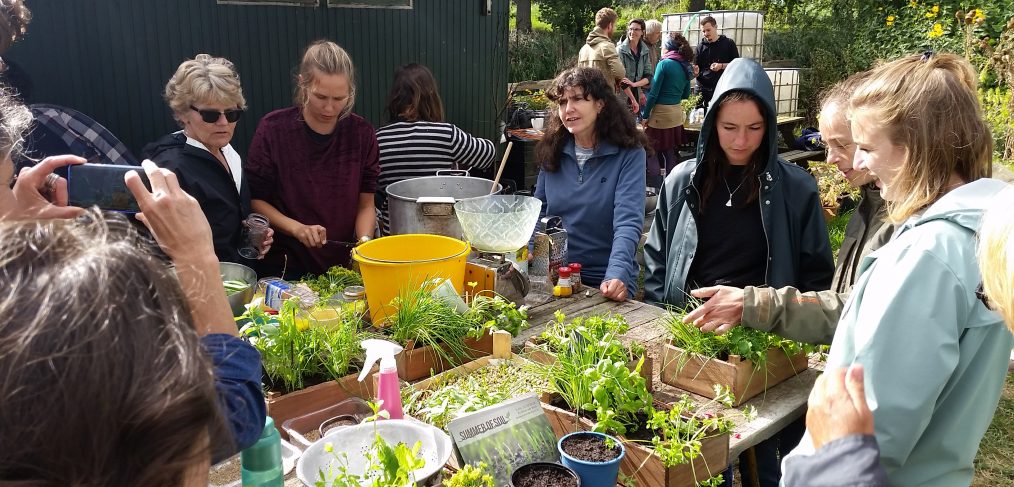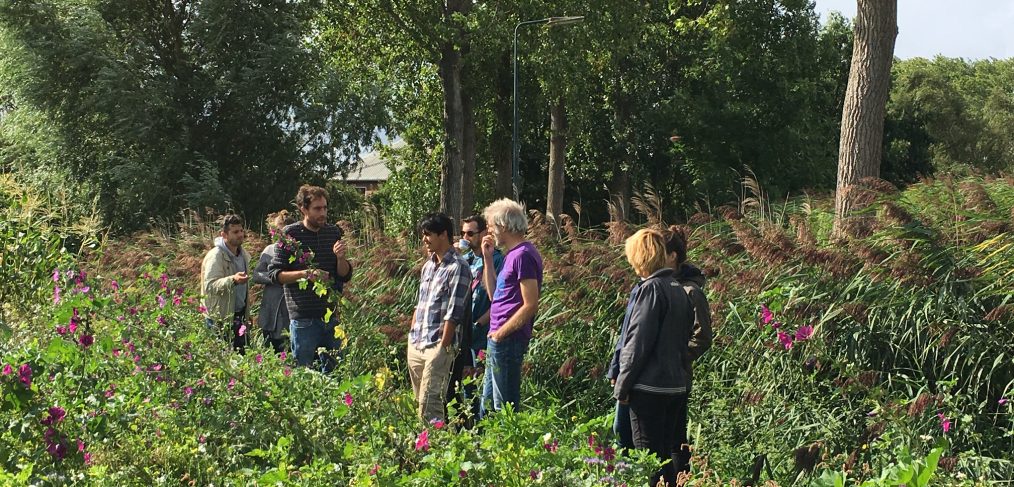Open a satellite map of the African continent and you’ll see the Sahel front and centre, a large, brown band across Northern Africa. It suggests a vast and dry piece of planet Earth, with no visible sign of people and no hint of vegetation. But zoom in closer and the picture becomes richer. Contours cut across the Earth’s surface, villages are visible here and there, and small green dots pepper the landscape. Up close, one begins to see the story of communities regreening the Sahel.
In Bangla, the word for transition is ‘uttaran’. It is a fitting name for a social and environmental organisation whose aim is gender, class and caste equality in Bangladesh. A long-term partner of Both ENDS, Uttaran supports local communities in addressing social, environmental, health, economic and cultural issues and concerns. For many years, Uttaran has been a front-line advocate for community-based adaptation to climate change in Bangladesh’s southwest tidal river basins, which are extremely prone to sea level rise and cyclones.
In Both ENDS’s experience, one plus one often makes more than two. Connecting people and issues accelerates positive change, and increases its impact and sustainability. The cooperation between Pakriti Resource Centre (PRC) and Tewa, the Nepalese Women’s Fund, illustrates the point. PRC is an expert on climate change and climate finance issues in Nepal and globally. A longer-term partner of Both ENDS, PRC got to know Tewa, which provides small grants to mostly rural, grassroots women’s groups in Nepal, through the GAGGA programme. GAGGA brings women’s rights and environmental justice organisations together to advance women’s rights to water, food and a healthy environment.
About 15 kilometres east of Dakar, in Senegal, lies the small hamlet of Bargny. With its ocean waters, sandy beaches and abundant sunshine, Bargny has for generations been the perfect place for catching and drying fish. But the construction of a coal-fired power plant, known as Sendou, has cast a long shadow over the community in the area.
In order to achieve the scale of decarbonisation needed to prevent temperatures from rising beyond 1.5 degrees, a major transition must take place in the production and trade of goods and services. But if it is the fossil fuel-based ‘real economy’ that is driving us toward catastrophic climate change, it is the financial world behind the steering wheel.
Women’s rights, water quality and oil palm plantations. They may seem like unlikely topics to bring together, but for women in the riverside villages of Semanga and Simpang Tiga Sembelangaan in West Kalimantan the relevance is clear. Healthy watersheds and access to local water supplies are vitally important to women and girls in the area, as they are typically in charge of managing household water supplies, sanitation and health. When water becomes scarce or unsafe for drinking, cooking or washing, women and girls suffer first and foremost. They may be forced to dedicate more of their limited time, energy and economic resources to obtaining clean water for themselves and their families, as well as dealing with the health impacts of exposure to contaminated water.
Women’s right to a healthy and safe environment has as much to do with the flow of money as it does with the flow of water. After a flood of global investment into their communities, women often see clean water turn toxic, or their rivers run dry. Publicly-supported International Financial Institutions (IFIs) are a key player in global financial flows, investing hundreds of billions each year in projects purportedly aimed at fostering economic growth and reducing poverty. All too often, such projects undermine the rights of women.
The world’s largest freshwater wetland connects the lives of no less than 160 million people in five countries. The wetland, known as the La Plata Basin, feeds communities and ecosystems along a meandering path that reaches from the Andes to the Río de la Plata.
As part of the Wetlands without Borders programme, Both ENDS is supporting partners in Argentina, Bolivia, Brazil, Paraguay and Uruguay as they work together to build a powerful transnational people’s movement to match the movement of the water. The key objective of the programme is to ensure that the people most affected by the wetland ecosystem are informed and engaged in protecting it. The programme aims to promote more inclusive governance and sustainable use of natural resources throughout the region.

